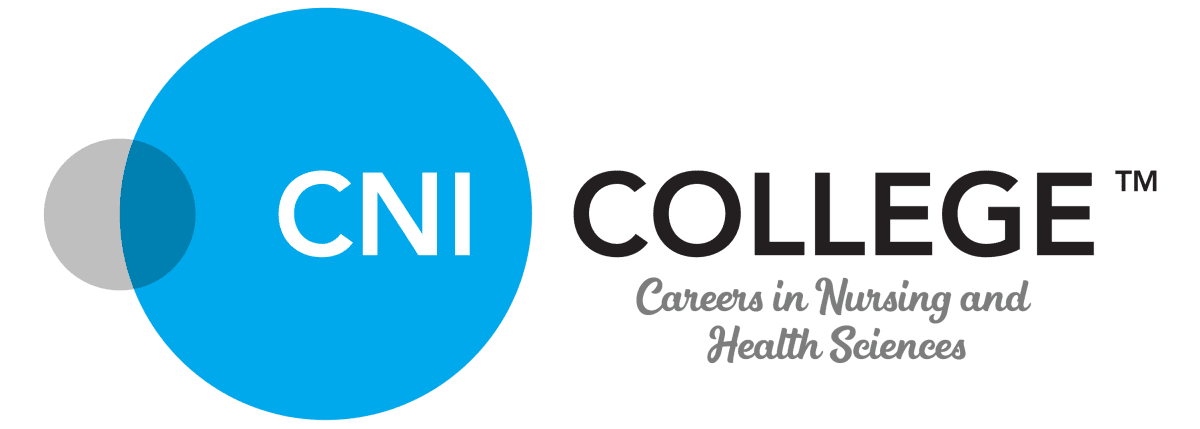The landscape of healthcare is perpetually evolving, propelled by technological advances, demographic shifts, and the ever-growing complexity of patient needs. Central to this transformation is the concept of collaborative healthcare, a paradigm that emphasizes the synergy of various healthcare disciplines working in unison. For nurses, particularly those pursuing a Master of Science in Nursing (MSN), interdisciplinary learning isn’t just an educational cornerstone; it’s a pivotal aspect of their professional journey and leadership development.
The Essence of Collaborative Healthcare
Collaborative healthcare is more than a collection of interdisciplinary teams; it’s a mindset that fosters a holistic approach to patient care. It thrives on the idea that the sum of combined expertise from various healthcare disciplines is greater than its individual parts. This approach ensures comprehensive patient care, enhances the quality of health services, and often leads to better health outcomes.
For MSN nurses, who are often at the forefront of patient care, understanding and integrating the knowledge from different healthcare disciplines is crucial. It enables them to not only provide exceptional care but also to lead and guide their teams effectively.
Opportunities for Collaboration
1. Integrated Patient Care
MSN-prepared nurses often find themselves in roles where they coordinate patient care. This requires an understanding of various specialties like pharmacy, nutrition, physical therapy, and social work. By collaborating with professionals from these fields, MSN nurses can develop and implement comprehensive care plans that address all aspects of a patient’s health.
2. Education and Mentorship
Interdisciplinary learning presents an opportunity for MSN nurses to engage in both teaching and learning with peers from other disciplines. This reciprocal relationship enriches their knowledge base and offers a platform to mentor new healthcare professionals, fostering a culture of continuous learning and professional development.

3. Research and Innovation
Collaboration in research is another area where MSN nurses can significantly contribute. Working with specialists from various fields allows them to be part of groundbreaking research that can lead to innovative healthcare solutions and practices.
4. Policy and Advocacy
MSN nurses often participate in policy-making processes. Interacting with professionals from law, ethics, and economics can enhance their understanding of the broader implications of healthcare policies and enable them to advocate more effectively for their patients and profession.
5. Technology Integration
With the rapid integration of technology in healthcare, MSN nurses collaborating with IT professionals can lead to the development of more efficient healthcare delivery systems and tools that improve patient care.
Challenges and Overcoming Them
While the opportunities for interdisciplinary collaboration are vast, they do not come without challenges. Differences in terminology, work cultures, and professional priorities can lead to misunderstandings and conflicts. To overcome these, MSN nurses can:
- Develop strong communication skills to bridge the gap between different disciplines.
- Cultivate a deep respect and understanding of other professionals’ roles and expertise.
- Engage in continuous education and training programs that focus on team-building and collaborative skills.
The Future of Collaborative Healthcare
The future of healthcare is indelibly linked to collaboration. As the complexity of patient care increases, the need for comprehensive, integrated approaches becomes more apparent. MSN-prepared nurses, with their advanced training and leadership skills, are ideally positioned to champion this collaborative spirit. They can drive the change towards a more efficient, effective, and patient-centered healthcare system.

Embracing Collaborative Healthcare
Interdisciplinary learning and collaboration in healthcare are not just beneficial but essential in today’s complex healthcare environment. For MSN nurses, it provides an avenue to not only enhance their own skills and knowledge but also to significantly improve patient care and health outcomes. By embracing and promoting collaborative healthcare, they can lead the way in transforming the healthcare system into one that is more integrated, efficient, and patient-focused.
Resources on Collaborative Healthcare
There are a variety of resources available to nurses interested in becoming more familiar with collaborative healthcare. Our list below is by no means exhaustive, but can act as a good starting point to conduct additional research. Students and graduates of CNI are also welcome to make use of our faculty and library to learn more as well.
Registered Nurses as Interprofessional Collaborative Partners: Creating Value-Based Outcomes – This article from The Online Journal of Issues in Nursing (OJIN) discusses the evolving role of registered nurses (RNs) in interprofessional collaborations. It highlights how RNs are taking on leadership roles within professional practice settings and influencing healthcare policies. The article also addresses the barriers to full scope of practice for RNs, emphasizing the need for uniformity in practice that focuses on knowledge and is grounded in evidence. It suggests that RNs must be key players in organizational leadership and decision-making to reduce restrictions to nursing practice.
Ten Lessons in Collaboration – Another insightful piece from OJIN, this article offers a comprehensive look at the complexities and nuances of collaboration in the healthcare setting. It discusses the importance of understanding and managing individual mental models and shared values for effective collaboration. The article also explores the significance of diversity in communication, particularly gender differences in communication styles between nurses and physicians. It emphasizes the need for appreciating cognitive diversity within teams to enhance collaboration and decision-making quality.
American Nurses Association (ANA): Provides a wealth of information on the role of nurses in interdisciplinary teams and leadership.
Institute of Medicine (IOM) report on the Future of Nursing: Offers insights into the changing landscape of nursing education and practice.
Journal of Interprofessional Care: A peer-reviewed publication that covers various aspects of collaborative healthcare practices.
National League for Nursing (NLN): Offers resources on nursing education and professional development.
World Health Organization (WHO) – Framework for Action on Interprofessional Education & Collaborative Practice: Provides a global perspective on the importance of collaborative practice in healthcare.

